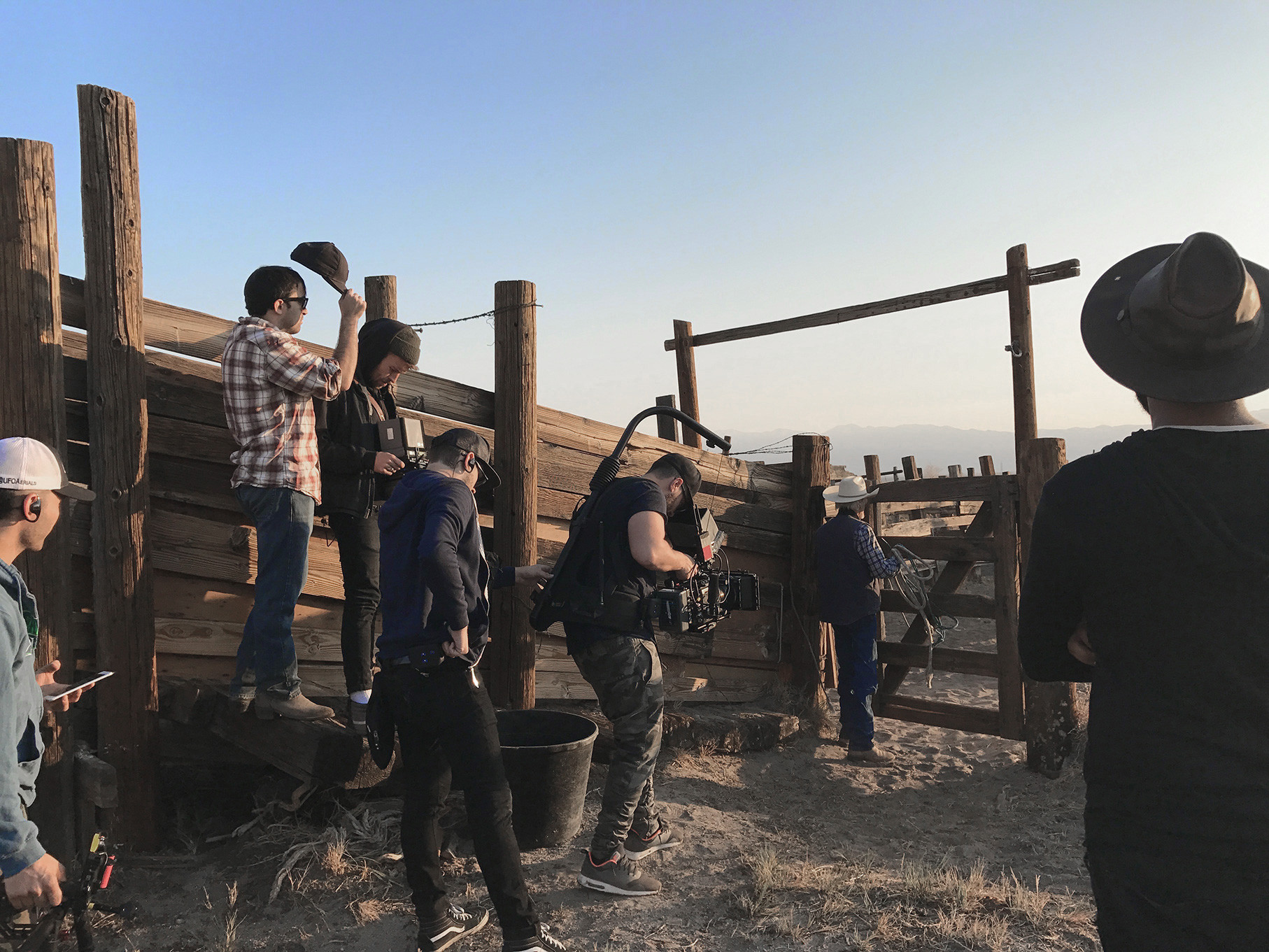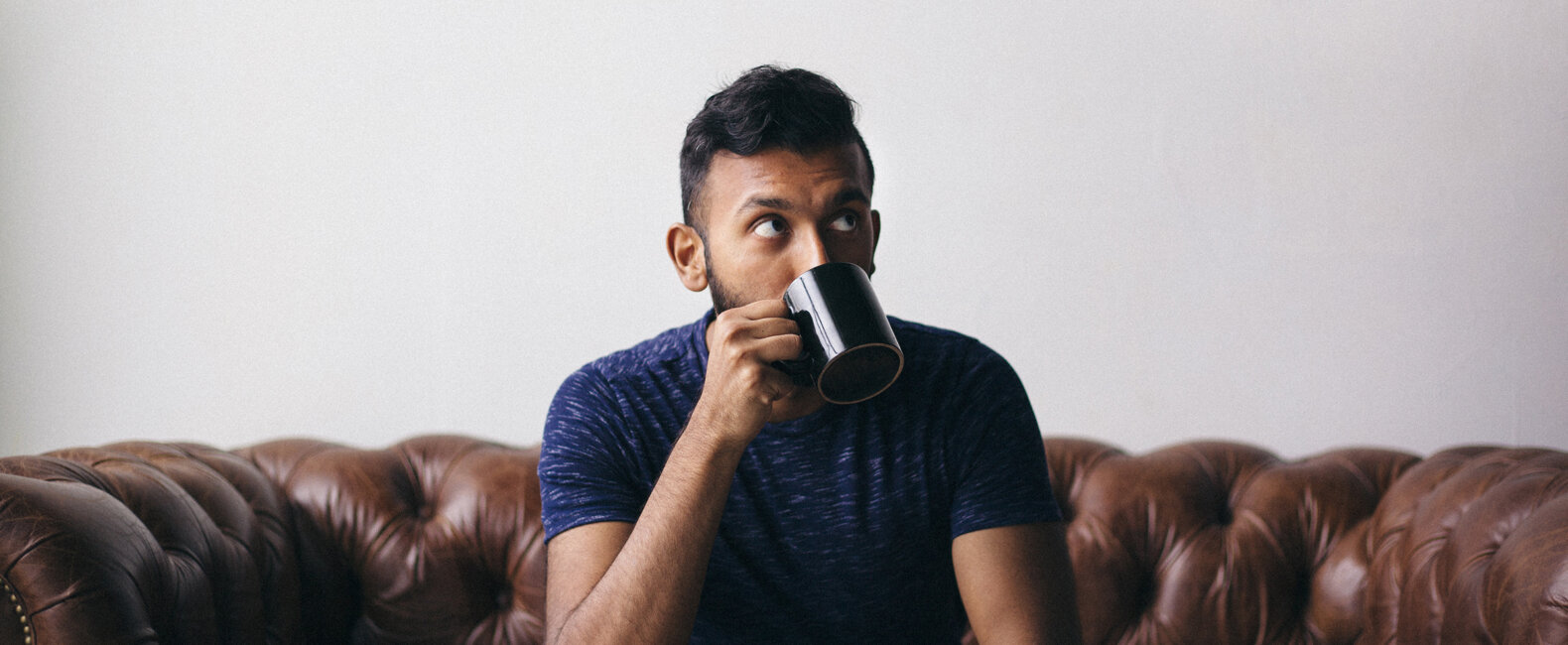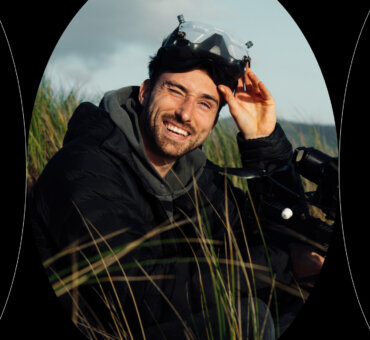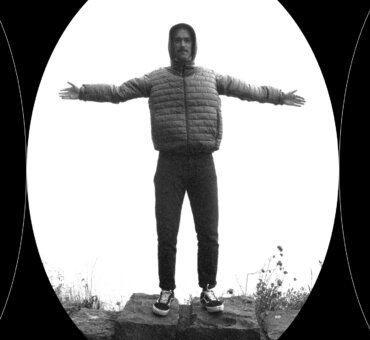The hardest part of making a film isn’t the grueling days, the logistical Rubik’s Cube, or the 10,000 problems that arise over the course of production. The very hardest part is getting started in the first place. How do you go from having an idea to doing something about it? And then how do you keep doing something about it? The great garbage heap of abandoned ideas is both deep and wide. We’ve all contributed to it. But at some point, if we’re ever going to make the film we want to make, then we’re going to have to actually make it.
So we called producer Jens Jacob, a master of getting started, keeping things going, and getting things done. Not surprisingly, the most important factor when it comes to starting a passion project is… passion. “It all comes down to ambition and self-confidence,” he told us. “The enthusiasm for a passion project has to be innate. It can’t come from someone else. You can’t be doing this because someone told you that you should.”
Here’s Jens Jacob on the art of getting started.

Musicbed: What are common hurdles that keep filmmakers from creating passion projects?
The biggest hurdle, almost by definition, is not having enough money. If the idea could be funded by a financier, production company or a client, then it wouldn’t have to be a passion project. So you have to be very creative about funding these things. But usually it comes down to either funding it yourself or finding someone close to you to help fund it, like friends and family. Passion projects typically aren’t great investments in terms of making money. It’s funny, though, because this was a really great year for passion projects. Even though films like La La Land, Moonlight, Hacksaw Ridge, Silence, and Manchester by the Sea seem like big multimillion dollar films, they’re all passion projects that most studios probably never wanted to fund because they’re not commercially viable.
Another mistake directors make is not bringing in a team early on — especially a producer. You need people around you to get excited about the project, to help you push it where it needs to go. When you’re doing it by yourself, you are your own worst enemy. You end up telling yourself you can’t do it because you don’t have X or Y or whatever it may be. Having a producer — or just somebody else who believes in the project — will help you take the next step.
When is the right time to bring in people?
As soon as possible after you have a strong idea. People usually get in over their heads when they’re creating an idea. It’s just not within their capabilities to pull it off. So the earlier you can bring in people, they will help you understand where you can stretch and where you need to pull back to make the project achievable and not just some overwhelming idea.
Having a team early on is so important. You need people to get excited about the project — to push it where it needs to go.
As a producer, what do you need to see in a project to know it’s going to happen?
It all comes down to ambition and self-confidence. The enthusiasm for a passion project has to be innate. It can’t come from someone else. You can’t be doing this because someone told you that you should. So being able to showcase that enthusiasm is a big thing for me. Secondly, to have confidence that a film is going to happen, I have to believe in the filmmaker — in what they can achieve and what they’re trying to achieve. I go back to their past work and look for some sort of passion that I trust is going to transfer into this next project.
Sometimes it feels impossible to get a film started just because the process is so overwhelming. Does that go away at some point?
There is always that level of fear that comes with it. But like I said, you are your own worst enemy. Yes, it’s always overwhelming as a whole. But once you start biting off a little bit, figuring out some preproduction, scouting locations, and finding other filmmakers, then it becomes more and more manageable. Some of the best inspiration happens when you go find your locations. Suddenly it’s like, “Whoa, this isn’t as daunting as it looks.” Because it starts feeling more real and more palatable. You have to break it into little pieces and stop seeing it as this big, gigantic tower in front of you. But here’s the trick: no two productions are alike. There’s always that uncertainty. You learn to live with it.
There seem to be filmmakers who are able to get things done. What’s their secret?
Great question. Most people see filmmakers online doing these incredible passion projects, and they think those filmmakers are more talented than they are. That is a complete falsehood. After working with a lot of filmmakers on passion projects, I can tell you the difference is 100% in their work ethic. The difference is the countless hours they put into their pitches and carried on through set and countless hours in post. The difference is in the legwork. Oftentimes these directors are acting as producers right alongside me. They’re so passionate about getting this thing made that they’ll do whatever it takes. It’s easy to see the end result and think, Oh, so-and-so can get any project off the ground. But in reality, at the beginning of every project it’s like, “How the hell are we going to do this?” And then we just start doing the work.

What’s the first step?
It depends on the form; but for narrative films, you need to get the script into a really good place. It’s the clearest, most direct way of communicating your vision. It’s hard to get people to be a part of your idea without a formal pitch, a treatment, and very strong script. The more preplanning you can do, the better your chances of success. You want to show people you’re not just thinking about your project; you’re actually putting something together. The more you can develop beforehand, the better off you are.
There’s a naïve virtue out there of jumping into something before you’re ready. But there’s something to be said for taking a step back and doing the real work.
Absolutely, absolutely. Being a self-starter often means you have to start by yourself and create something you can ask people to be involved with.
The more preplanning you can do, the better. You want to show people you’re not just thinking about your project; you’re actually working on it.
A lot of filmmakers might avoid getting started because they don’t feel legitimate. Does that ever get easier?
The funny thing is, the whole reason someone does a passion project is because they’re unhappy with what they’re currently doing — otherwise they wouldn’t need a passion project on the side. So I think the secret is not to focus on whether or not you’re legitimate enough, but focus on how much better your passion project is than what you’d otherwise be doing. Let that push you forward. It’s very, very important to remember why you’re doing what you’re doing. Motivation is such a big part of it. Not just for yourself, but for the people you’re working with. How do you keep them motivated? It’s important to know what they’re getting out of it. Maybe it’s experience. Or networking. Or learning new skills. Or just being a part of something. Know what those things are and honor them. You never want to get into a situation where you’re being a leech. It has to be a symbiotic relationship if you’re going to keep the motivation high.
What else does a filmmaker need to know if they’re going to make their passion project happen?
The biggest thing that prevents people from starting a passion project is fear of rejection. But the only way these projects ever happen is when you start asking for things. Don’t be afraid to ask! That has been my mantra in everything — especially passion projects. It’s the only way your project will become a reality. There’s going to be rejection, but it doesn’t have to stop you. It’s never too late to start asking.





















































































